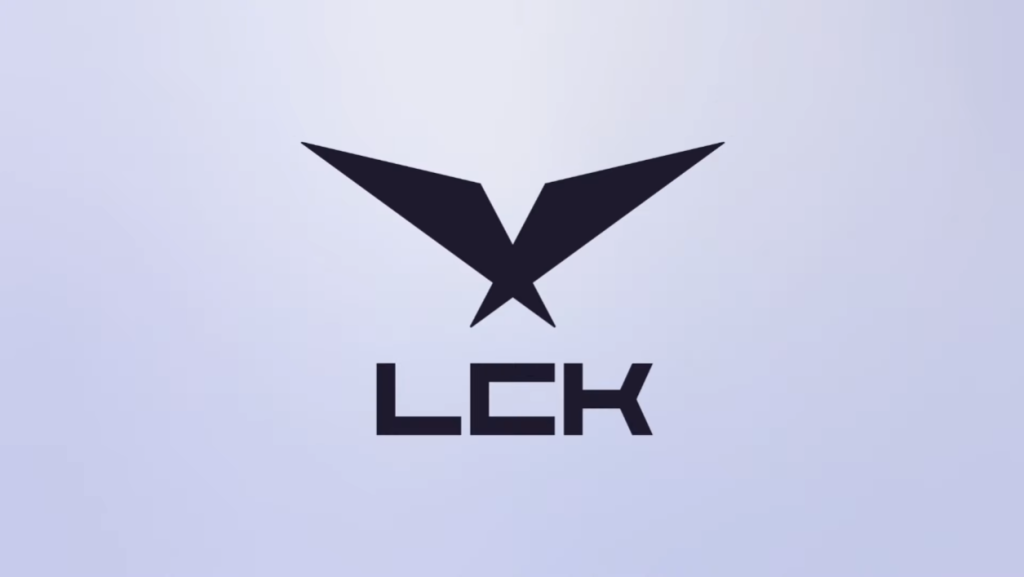
The LCK, Riot Games’ Korean League of Legends franchise, has revealed three new policies that will affect rookies, agents and pre-contract negotiations.
The three new policies are the Rookie Development Clause, LCK Agent Certification and the LCK Pre-contract Policy. According to the LCK, the changes, which are set to be implemented next season, have been designed to build a ‘sustainable cycle ecosystem’ for LCK’s teams, players and league.
According to Riot Games and the LCK, the first new policy will cater directly to young players. The Rookie Development Clause looks to help teams to find and invest in new players easier. The clause allows for the organisation to extend the contract of a rookie player for another year, whilst also providing the player with increased wage and playing time.
If a rookie player plays more than 50% of games in the LCK CL (LCK’s second division), or 25% of games in the LCK, the organisation has the opportunity to exercise the clause.
The second big announcement regarded agents. As a part of the LCK Agent Certification policy, the LCK will allow the appointment of agents for players. The agents need to pass a certified exam administered by the Korea eSports Association first.
Agents will be in charge of negotiating contracts and salaries for players but will have to report profits, contracts and disputes. Needless to say, there will be consequences if agents are caught in illegal activities such as tampering and ‘infringement of the rights and interest of players’.

Lastly, the LCK Pre-contract Policy will allow teams to extend the contract or recruit players at an earlier time than before. All players going into the last year of their contract are eligible to be selected for ‘designation’. Only one player per team can be designated. Once chosen, negotiations can begin regarding the future destination of the selected player.
According to the LCK, the Pre-contract Policy will take place over three phases. The first phase sees a team initially offer a contract to the LCK player. All designated players will also be made public by the LCK. Phase two consists of a period in which other teams can negotiate with the player.
Finally, phase three sees the player’s original team offer another contact, with the player making a final decision on his future. If the player decides to move, the new team must pay a transfer fee to the original team, additional charges are applied if the team is outside of the LCK. How fees are negotiated was not revealed in the video.
The LCK is one of the top League of Legends leagues. Korean organisation T1 also holds the record for most wins in the World Championships with three wins.
The initial reaction to the changes has been mixed, with some fans saying that only low-tier organisations will benefit from the policies. Others have noted the confusing nature of the Pre-Contract Policy.
